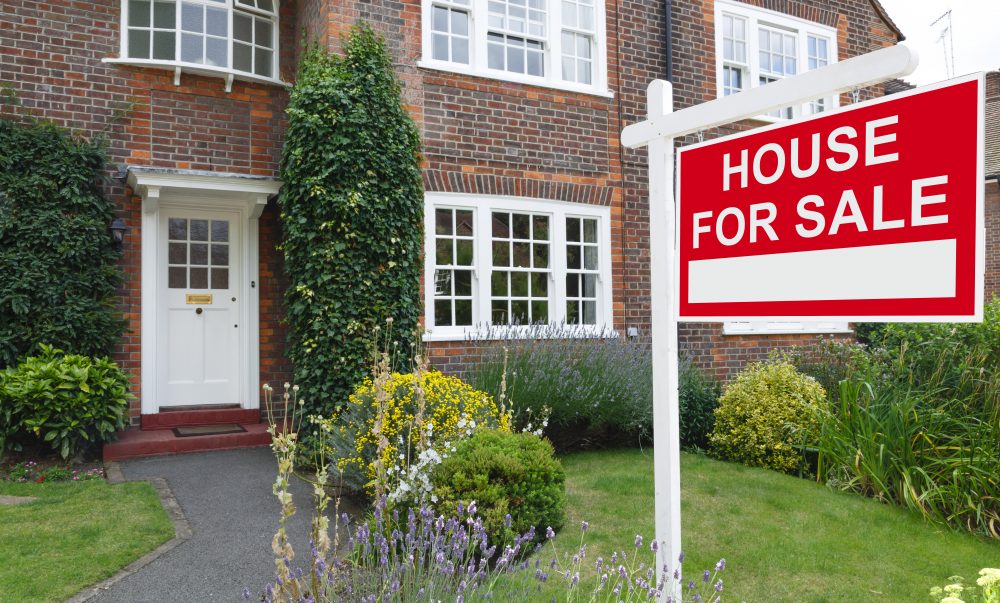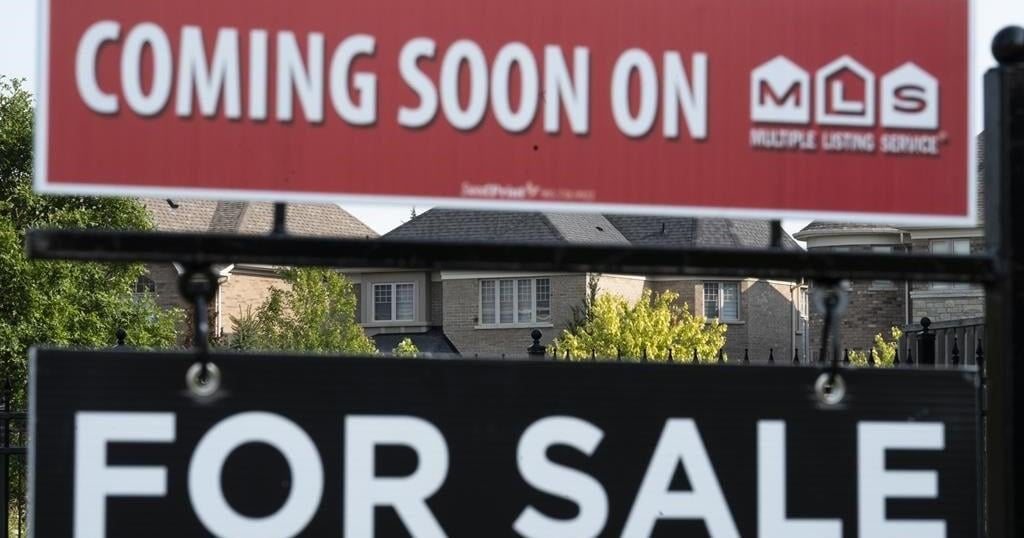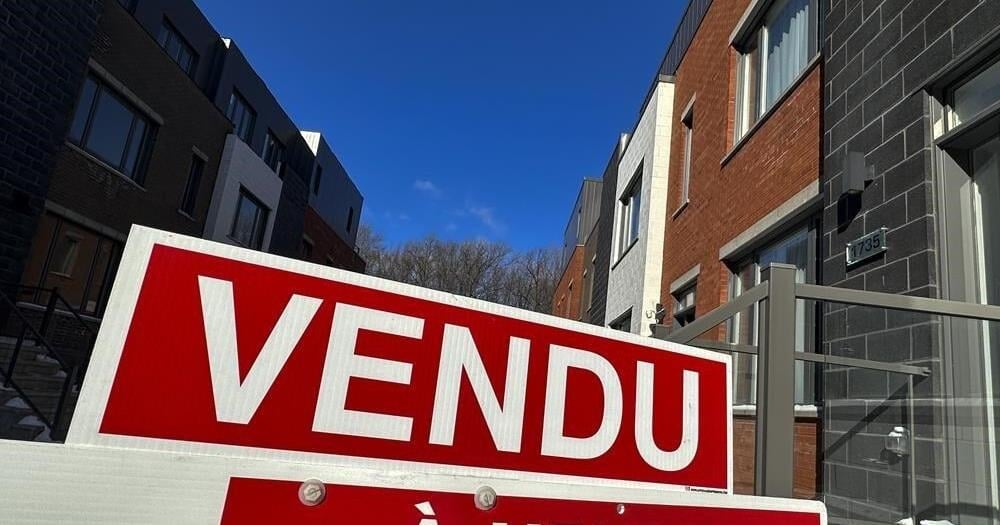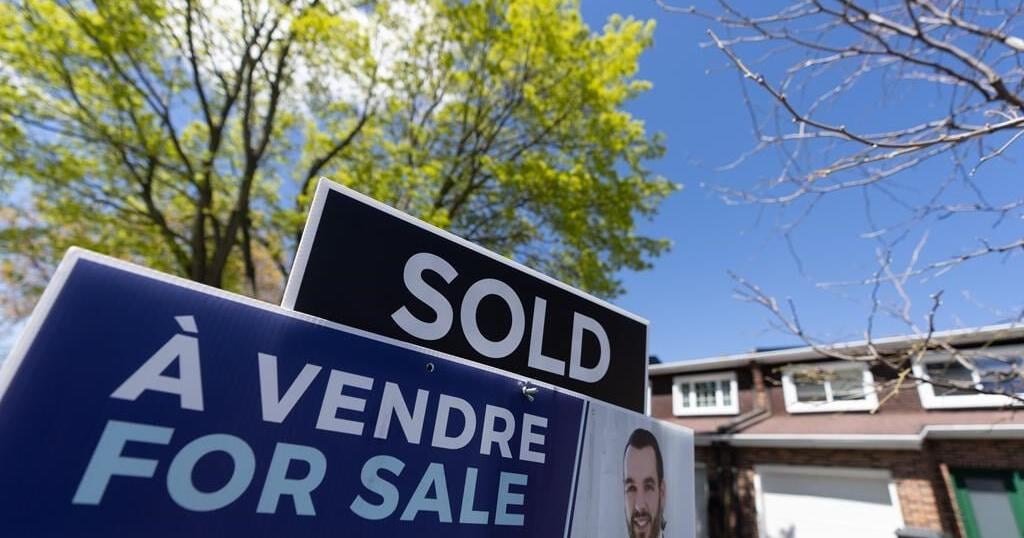By now it should be a familiar tale: the once-great North American city, booming with industry and immigration, hits a rough patch.
Soon enough the long-overburdened infrastructure starts to crack, then crumble.
Taxes go up. Businesses balk and depart for greener pastures. Less taxes come in.
The people soon follow. Tax revenue drops even more. And now the real estate market is in decline.
The city is less appealing. Even fewer people want to live there. Off they go. Rinse. Repeat. It’s a vicious cycle.
Okay, so that was a bit of an exercise in hyperbole and surely not applicable to a world-class city like Toronto.
Except on a much smaller scale, is it perhaps a cautionary tale?
The second largest financial centre in North America, Toronto is Canada’s business and financial capital and North America’s fastest growing technology market.
We are the functional brain of organizations — where world talent is attracted, recruited, hired, and put to work.
And it’s to all of our benefit.
Home to some of North America’s fastest growing populations, Toronto’s population increase has little to do with birth rates and everything to do with net migration, both from within our borders and beyond.
Why is that interesting?
Because the people coming immediately contribute taxes that keep our potholes filled, transit running, and the lights on in our schools, libraries and rec centres.
And for Toronto — a city required by law to keep a balanced budget — those taxes are critical to funding operations.
Property taxes and Municipal Land Transfer Tax — once referred to as the Toronto’s “budget-balancing golden goose” — comprise a significant percentage of the city’s revenue.
As long as people are selling up as property values rise, that revenue is a certainty.
But what if that were to change?
Today, in the wake of COVID-19, corporations may be rethinking their relationship to their workforce.
Having been forced to pivot their staff to a work-from-home model as much as possible, many of these same companies are now identifying that productivity didn’t take the hit they feared, and may now, instead, opt to shrink some of their operational costs by slashing their office footprints.
If employees can work from home — wherever that home may be — wont this change the nature of hiring, retention, and of office culture?
Will top talent even need to move their life to Toronto?
What about the ecosystem of support services that line the PATH and sustain our downtown office buildings?
The dry cleaners, the 30-minute manicure spots, the expensive juice bars — what about them?
Of all the businesses who have taken a hit through the emergency shut down, it’s hard to imagine they will have an easy time bouncing back, if at all.
The last four months have been a crash course in remote community building.
We rally together on Zoom calls, commiserate about the challenges of child-wrangling without parks or play dates, and collectively rely on one another to mask-up and stop the spread of this virus.
Community now matters more than ever.
But it seems that community can now be forged pretty easily outside of the 416 and 905.
Muskoka and Collingwood, as examples, are seeing record-breaking sales figures in recent days — people have evidently determined that if they can work from anywhere, they might as well do it where their dollars stretch further and they have more room to spread out.
A bi-weekly trip down to head office in the city doesn’t seem bad at all.
We can really only begin to guess at the ripple effects such a shift might initiate.
And not all of them are negative — if people being able to work remotely drives populations back to the smaller communities where Amazon has decimated Main Street, that’s a good thing.
Restaurants and retail will rise to meet the demand — it’s an opportunity for small businesses.
But in such a scenario the challenge for Toronto will be how to make up the void — a void already unfathomable following months of economic shutdown.
In terms of financial impact, the estimated burn rate for the city at the height of things was $65 million per week. Months of deferred property taxes for homeowners will be the extra kick.
Shrinking commercial footprints will mean shrinking property tax revenue.
Fewer people riding the TTC downtown to work will mean a substantial hit to fare revenues.
A decrease in demand for housing in the downtown core means an eventual decline in property values. Fewer people transacting real estate purchases means a hit to the land transfer tax revenue.
The golden goose will have stopped laying its eggs.
So, it seems to me that maybe people should stop complaining about companies bringing in talent from beyond our borders and recognize that it may well be what props up our economic recovery.
The alternatives are definitely going to anger you more.
— Lackie is a second-generation Sales Representative with Chestnut Park Real Estate and has been helping her clients navigate the challenging Toronto market since 2011
@brynnlackie

























